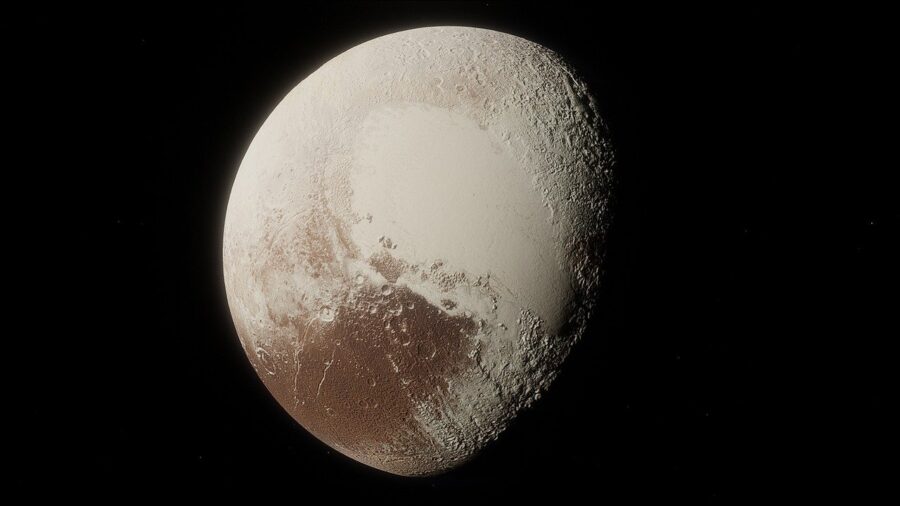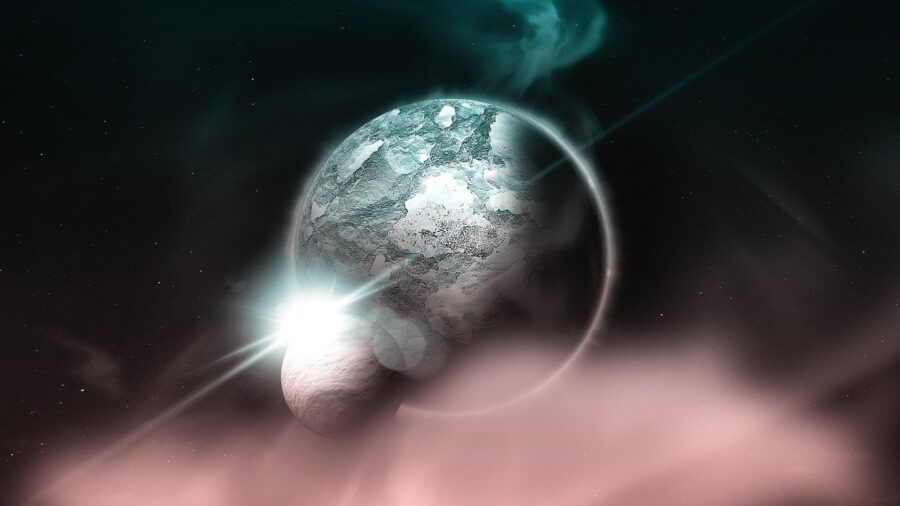Pluto Becoming A Planet Again?
Could we see Pluto make its way back to planetary status once again? There's a group of scientists who want to make it happen soon.
This article is more than 2 years old

How many planets are in our solar system? That is a question that doesn’t have as definitive and elementary an answer as it used. We long were taught that there were nine planets and it was so easy to remember. Just say, “ My Very Educated Mother Just Served Us Nine Pizzas.” There you go, done and done. But then in 2006, the decision was made to take Pluto out of the mix because it wasn’t holding up enough of its planetary bargain. It got labeled a dwarf planet and then there were only eight. Well, now, there is a group of scientists who want to reverse that decision. And with it, they have even bigger plans in store for how many planets should be classified in our system. It’s going to take a much longer and complicated mnemonic.
A group of scientists recently published a study in Icarus (via ScienceDirect) that made some interesting claims about our solar system and why we likely needed to completely rethink what was actually a planet. For starters, they condemned the 2006 decision to remove Pluto from the list of planets in our system. They said that move by the International Astronomical Union was an errant one, something not grounded in a solid classification of a planet.
The central argument stems from what should be the actual definition of a planet. The group is claiming this piece is the part that’s actually flawed and that once redefined will open the path for other objects out in space to qualify as planets. The IAU says a planet must be spherical in shape (Pluto – check), orbit around the Sun (check), and have its orbit be its and its alone. This is where Pluto ran into a “problem” so to speak because there were other objects along for the orbital ride with the once-planet.

This latest paper posits that the original definition of a planet needs to be reconfigured and redefined because it was based on ideas around astrology and teleology, not astronomy. The former isn’t an actual science, and the definition came about at a time, in the 19th century, when we knew far less about our solar system and how objects moved through space. If the definition of what a planet actually is was redefined, not only would Pluto get its status back, but a number of other objects would join the mix as well.
Scientists say these new planetary definitions would be objects orbital states that are geologically active. This would mean a bunch of moons would also join the list along with Pluto, bringing the number of planets to more like 150. This would mean a complete upending of our general knowledge of the solar system we know. But why not? With so many probes being sent out into the cosmos and returning more and more information, at a rate unlike anything in human history, why shouldn’t we update our process on what is a planet? It only makes sense for this to be an open-ended process, lacking rigidity around past ideas.
In all, there is some chance Pluto eventually gets back on the list of planets. If there is an updated definition then it wouldn’t take much. After all, the new, non-Pluto mnemonic (My Very Easy Method Just Speeds Up Nothing) is just plain silly.










